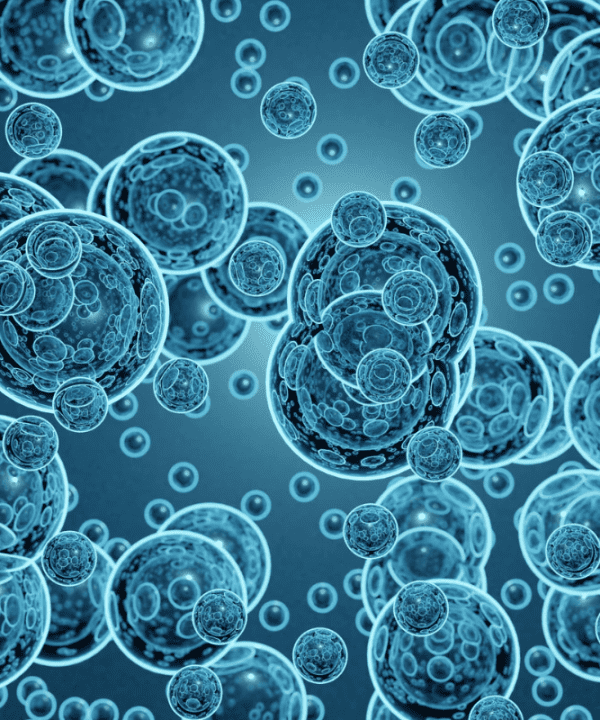
PROJECT DETAILS
- Project No 4989
- Project Name Evaluating the impact and composition of non-degradable organic contents (NDO) in sewage sludge and biosolids
- Lead Organisation WaterRA & ITTC Biosolids Training Hub
- Research Lead University of Queensland
- Main Researcher Bushra Parvin Upoma
- Completion Year 2027
Project Description
Biosolids, which are produced as a by-product of the wastewater treatment process, create a notable cost to industries due to their handling requirements. However, the current biosolid management processes involve significant handling costs and take up large amounts of land and space to operate. Hence, the management of solids at wastewater treatment plants typically involves a biological degradation system that focuses on removing organic matters. But the extent of degradation achieved during the degradation process depends on the nondegradable organic (NDO) content of the solids which becomes the residue that is ultimately dewatered and transported. This NDO content significantly influences the performance of a well-operated process as well as it determines the solids handling cost. To promote a more rapid and efficient biosolids handling process, it is necessary to accurately quantify the NDO content in biosolids. There are lots of research in the breakdown of degradable organics, but why and how the NDO contents are forming, has not been addressed well in technology or past research. As NDO contents accumulate in sludge and over time they can alter the sludge properties by making it more difficult to dewater, so it is essential to develop an improved understanding of how various nondegradable organics influence biosolid properties. This will lead to the identification of a better processing route to reduce NDO material in biosolids as well as enhance predictability of different sludge behaviour through treatment processes and reduce the current risk in biosolid processes.





